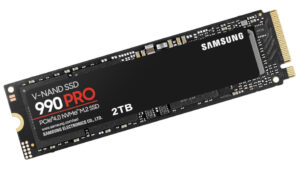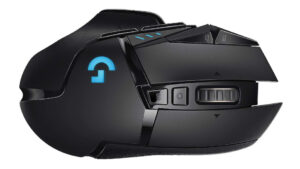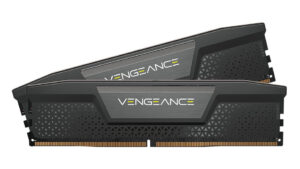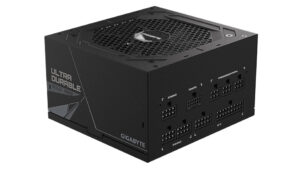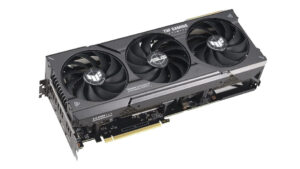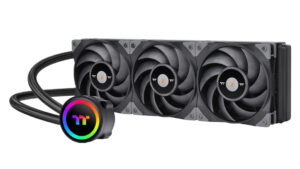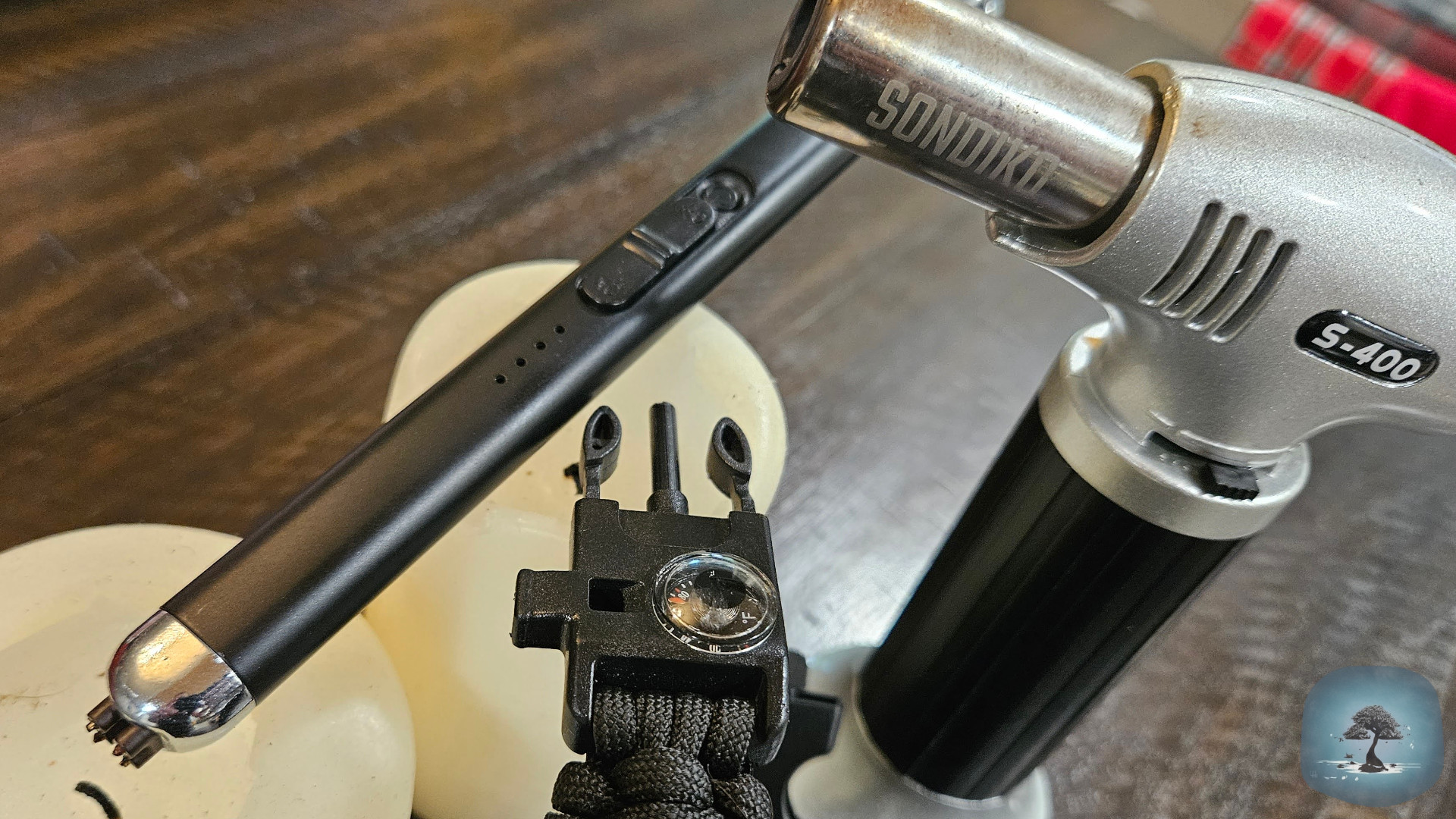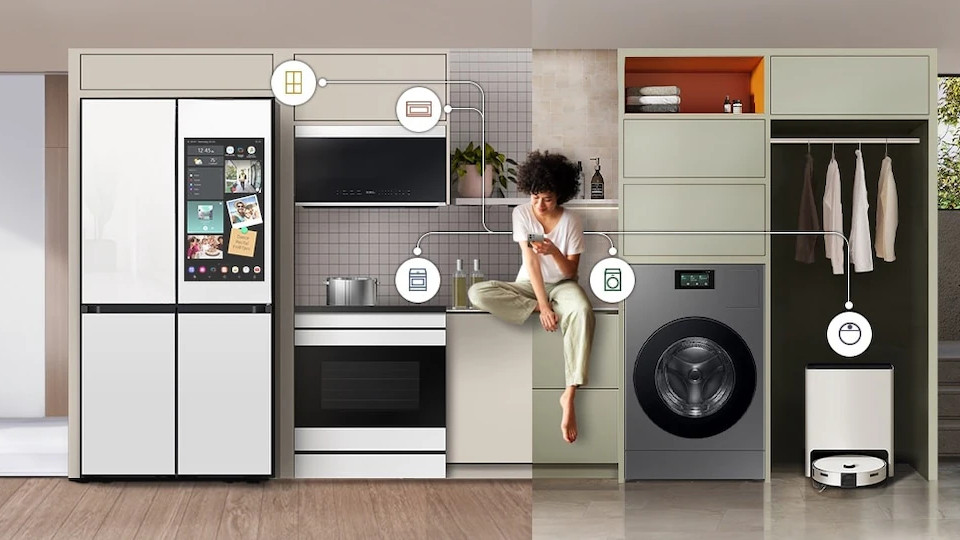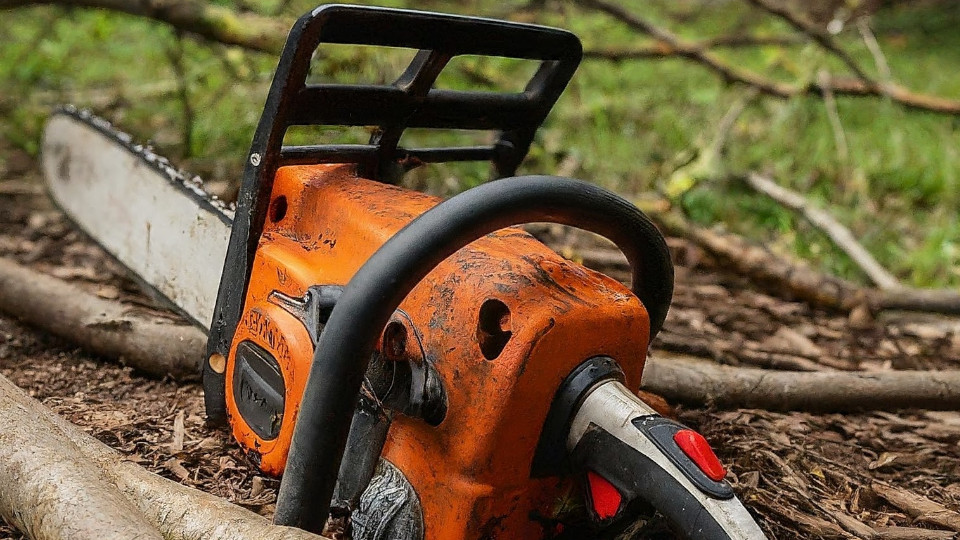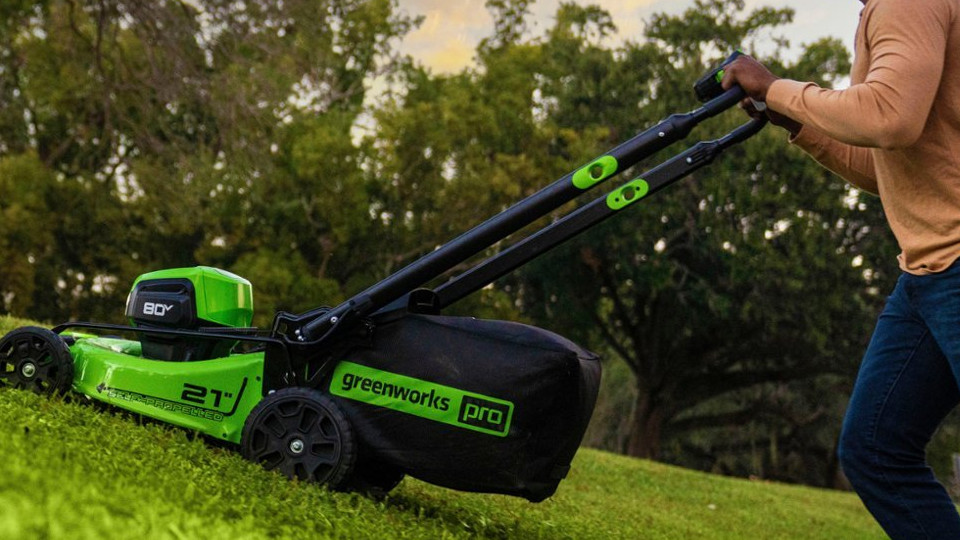Links on Basic Starter Kit may earn us a commission. Thank you for your support. Learn more
When it comes to starting a fire, whether for cooking, survival situations, or just a cozy evening by the fireplace, having the right fire starter can make all the difference. There are several options available, each with its own set of benefits and drawbacks.
Some of your best options for fire starters include butane lighters, electric arc lighters, and matches.
Editor’s note: We’ve allowed AI to write some of this post. Thing is, we had to re-write so much of it, we’re wondering why we even bothered. Just an observation for those interested. Anyway, we edited for accuracy, and personally chose the products depicted.
Butane Lighters
Butane lighters are incredibly convenient and easy to use. They generate a flame instantly with the push of a button. Butane lighters have been around for many years, and come in many shapes and sizes. The smaller pocket-sized disposable lighters are very common, but butane powers zippo-style lighters, BBQ lighters, and our favorite Crème Brulee torch.
Pros: They are wind-resistant, reusable, and come in various designs and sizes. Refillable options are available, reducing long-term costs.
Cons: They may require periodic refilling, and they are not the best choice for extreme cold conditions.
Approximate Cost: Basic disposable butane lighters can cost as little as $1, while refillable, quality models range from $5 to $100.
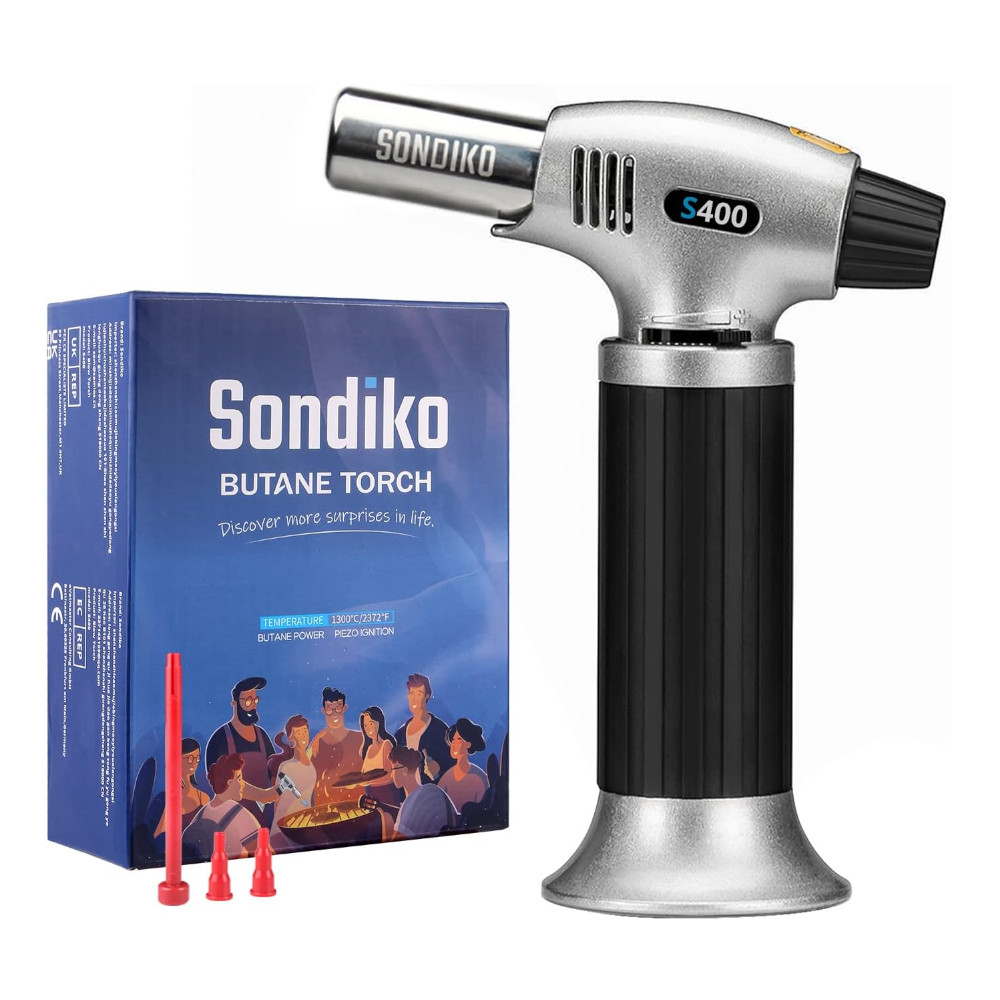
Creme Brulee torch
Simple butane torch for Creme Brulee.
Electric Arc Lighters
Electric arc lighters are flameless, making them safe for various settings. They are also windproof.
Pros: They are rechargeable, environmentally friendly, and produce a powerful arc that can ignite materials even in challenging conditions.
Cons: They tend to have a higher initial cost, and like butane lighters, they may struggle in extremely cold temperatures.
Approximate Cost: Quality electric arc lighters range from $15 to $40, but the initial investment pays off over time.
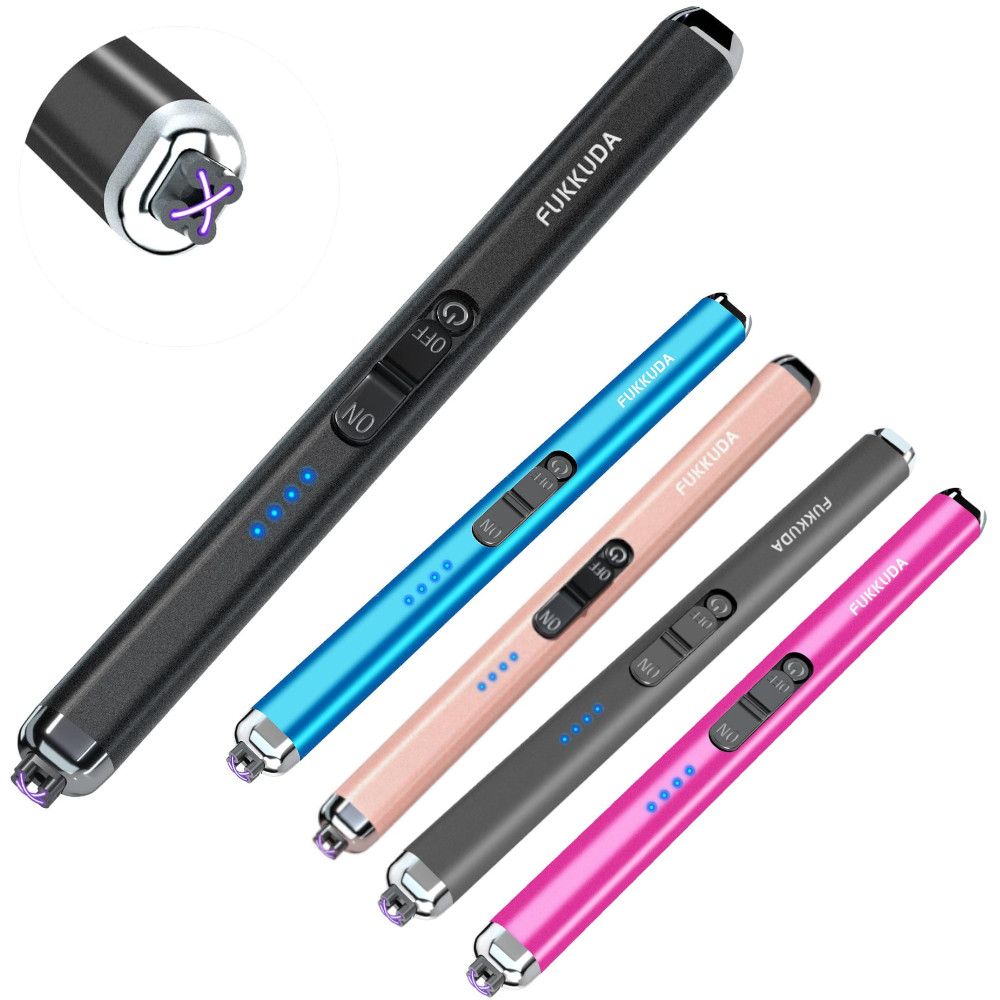
Fukkuda dual-arc lighter
Our choice for electric arc lighter.
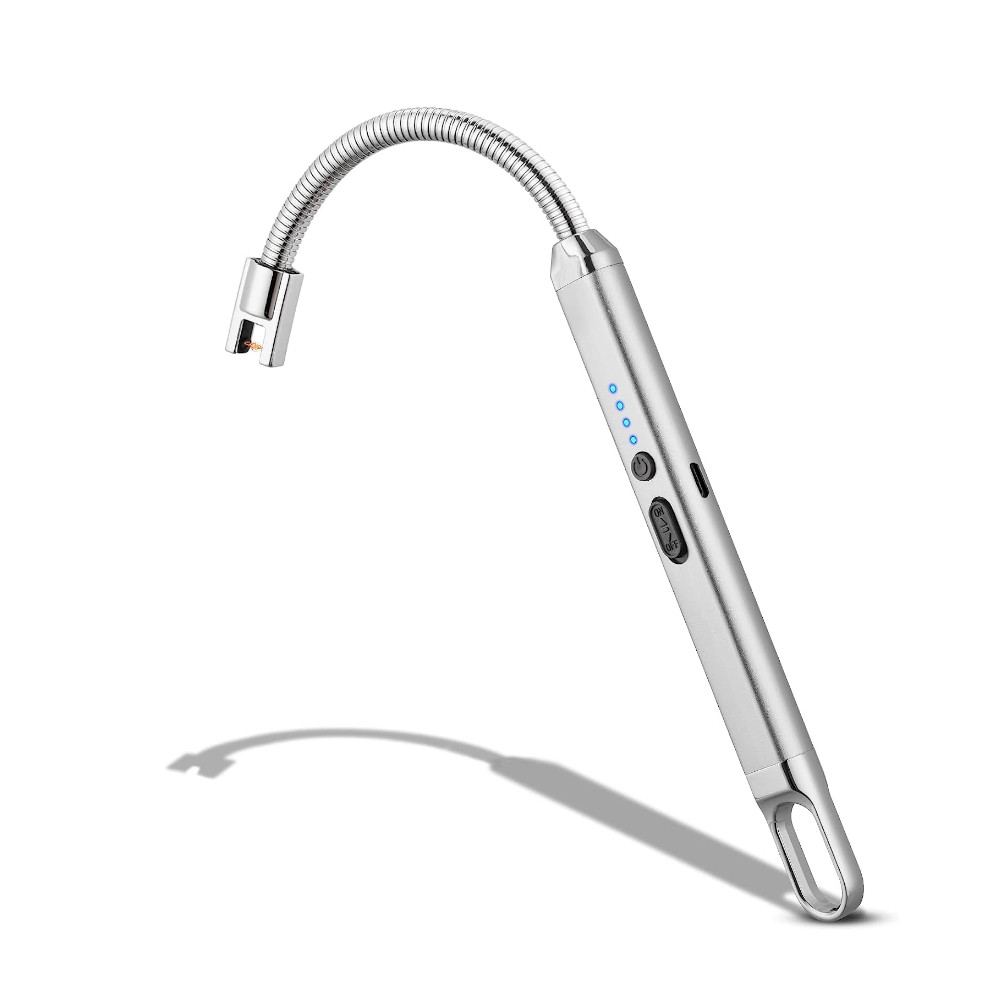
Flexible Arc lighter
Flexible design for hard to reach places.
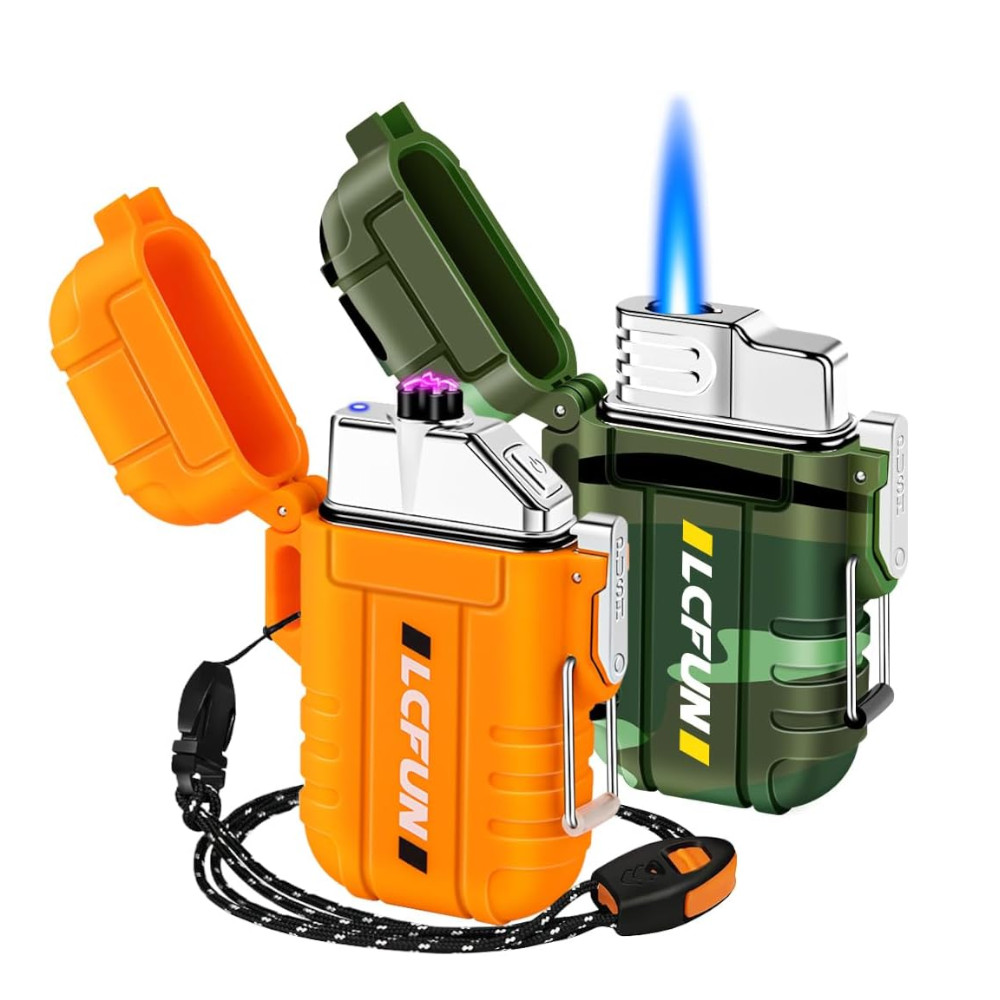
Waterproof lighters
Get both butane and electric arc lighter in this kit.
Wood Matches
Wooden matches are reliable and have been used for centuries. They are also readily available.
Pros: They are inexpensive, work well in cold weather, and are excellent for starting fires in natural settings.
Cons: They can be affected by moisture, are single-use, and may require a striker surface for ignition.
Approximate Cost: A box of wooden matches typically costs less than $5 for hundreds of matches.
Buy: Box-strike wood matches on Amazon
Paper Matches
Paper matches are compact and easy to carry. They can be useful for emergencies.
Pros: They are very affordable and can be ignited on any dry surface.
Cons: Similar to wooden matches, they are single-use and susceptible to moisture.
Approximate Cost: A small book of paper matches costs around $1 to $2.
Buy: 50-pack matchbooks on Amazon
Flint striker
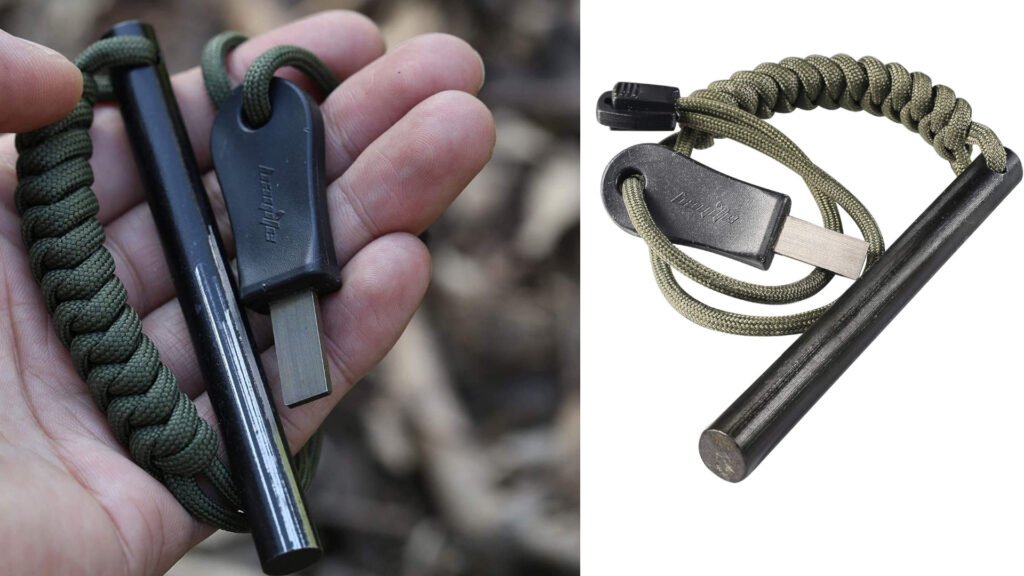
A flint striker is a two-part tool that usually combines a hard steel implement with a softer metal or rock that is prone to sparking when they are struck against each other. Flint stones used to be the flammable material, but most modern starters use ferrocerium. Magnesium is another popular choice.
Use the steel to scrape off some of the ferro metal or magnesium onto the paper or wood that you wish to burn. Then, rapidly strike the metal against the ferro rod to create a spark, direct the sparks toward the metal shavings to ignite them. Repeat until your fire is started.
Pros: A striker is very water resistant and windproof, they also last for years and years of fire starting.
Cons: Strikers are some of the least convenient fire starting tools. They are still better than rubbing two sticks together, but only by a little bit. They will effectively last forever, but that’s because people tend to avoid using them until they absolutely need them.
Approximate Cost: A small ferro rod with metal striker will cost about $10.
Buy: Bayite 4-inch Ferro striker with paracord
The best fire starter will be different for each situation. Butane lighters and electric arc lighters offer convenience and reliability but come with varying price points. Wood matches are tried-and-true for outdoor enthusiasts, while paper matches are a budget-friendly option. Ultimately, having a mix of these fire starters in your toolkit can provide versatility and ensure you’re always prepared for whatever situation you encounter.
Remember to store your fire starters in a dry, sealed container to maintain their effectiveness, and practice fire safety at all times.

